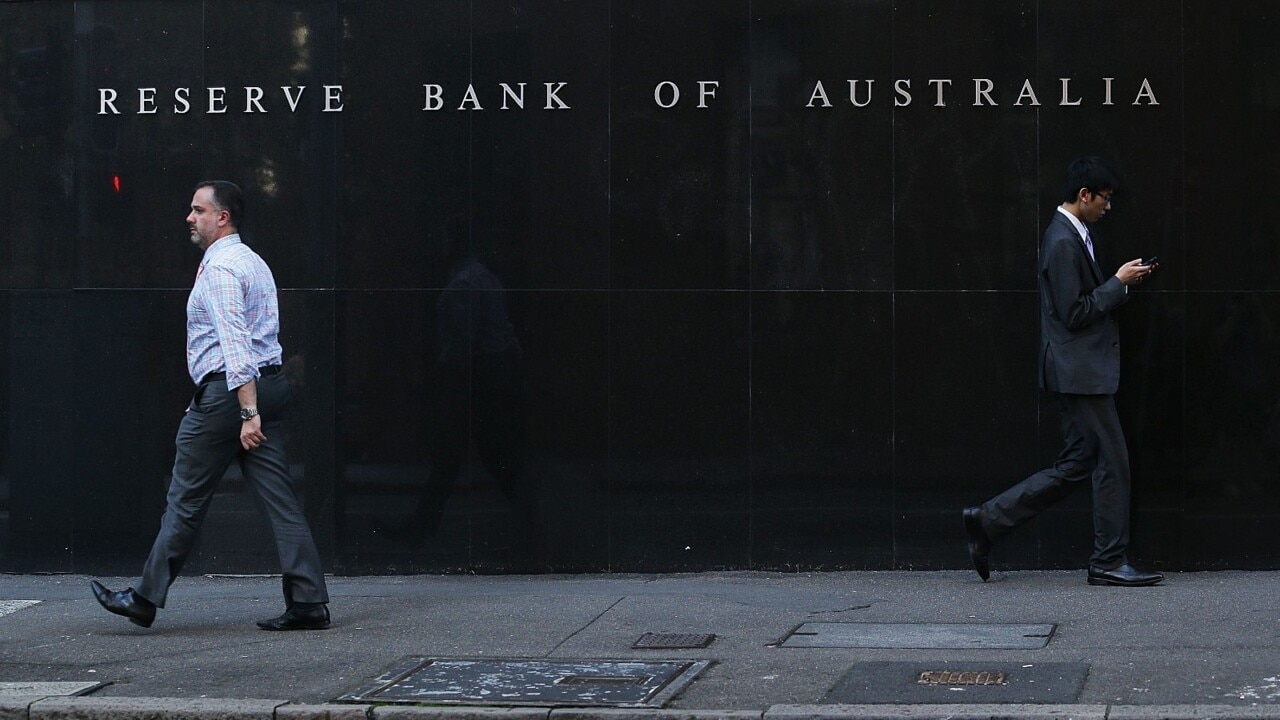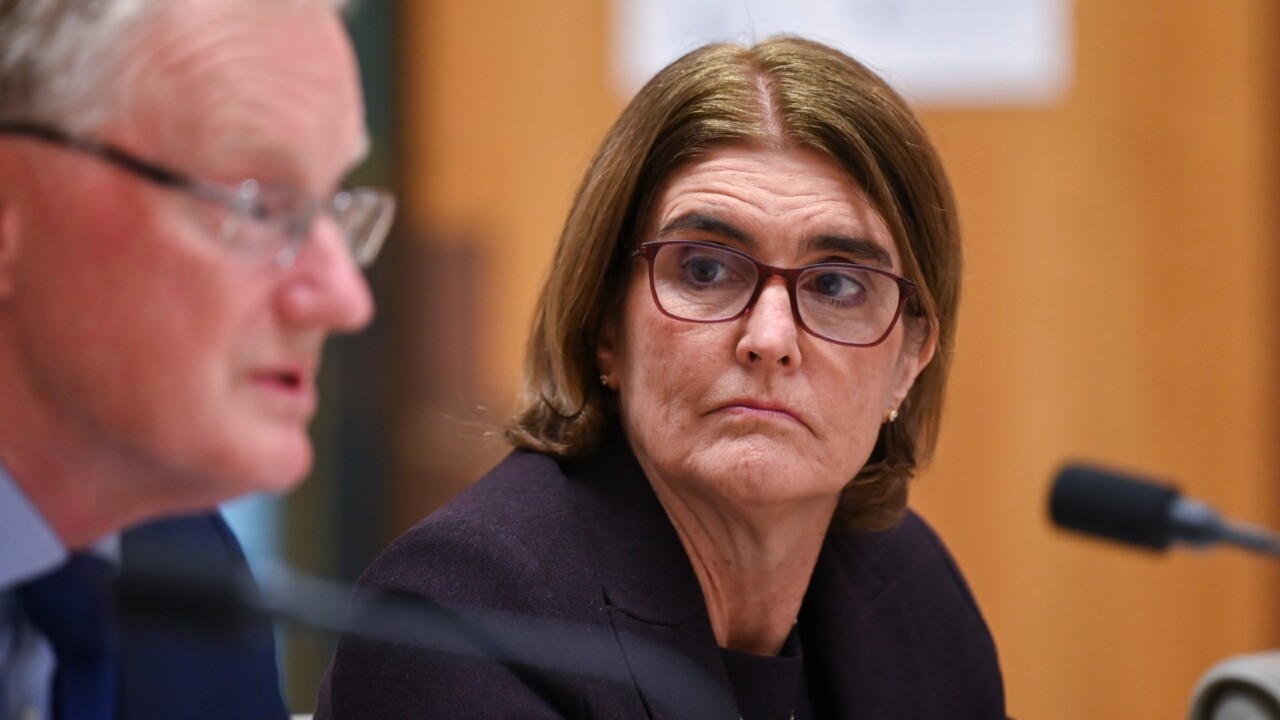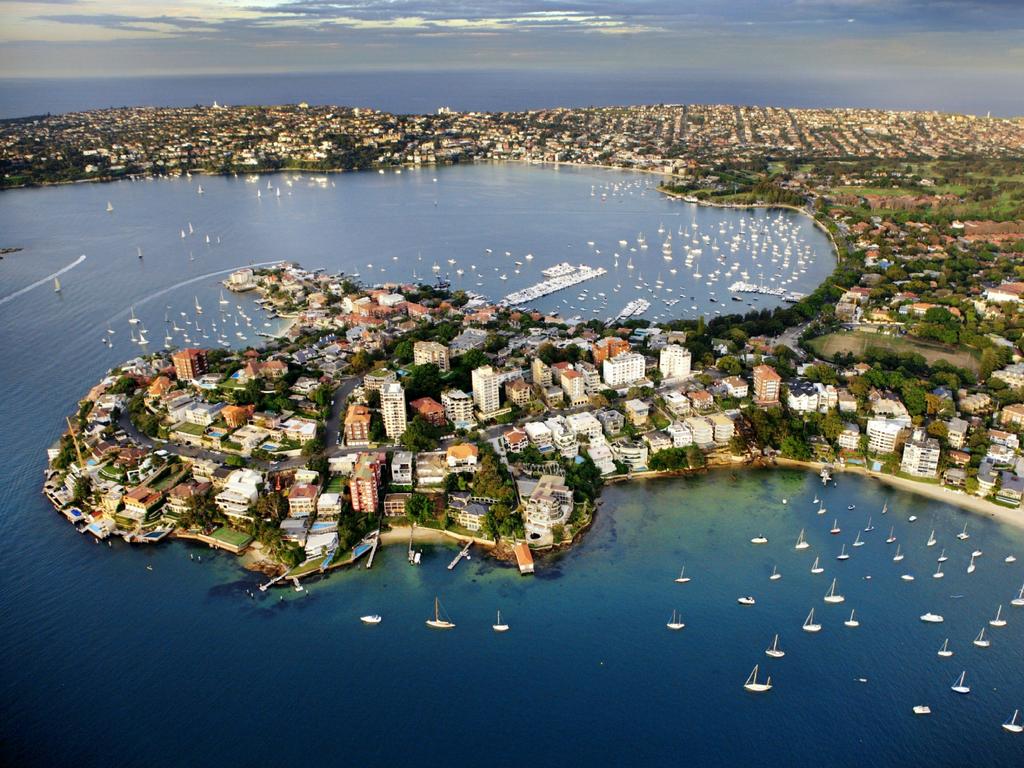International Monetary Fund backs more RBA rate hikes
The International Monetary Fund says more needs to be done to contain Australia’s ‘high and persistent inflation’, ahead of next Tuesday’s RBA board meeting.

The International Monetary Fund has backed another Reserve Bank rate increase next week, saying the states’ huge infrastructure spending programs were driving costs higher and making it harder to tame “high, persistent inflation”.
IMF mission chief Abdoul Wane told reporters his team had not provided advice on how much higher interest rates needed to go, other than to “recommend policy action to bring inflation back to the RBA’s target range faster”.
The central bank’s latest forecasts have inflation returning below the upper limit of the bank’s 2-3 per cent target range by late 2025, but Mr Wane said market expectations suggested that could now be delayed until early 2026.
The unusually forthright statements from the IMF came as Westpac chief economist Luci Ellis told The Australian that the recent run of hot data on inflation, retail sales, and house prices had made it “very hard” for the RBA to not deliver a 13th rate rise on Melbourne Cup day.
With fears of a wage-price spiral largely put to bed, though, she said there was hope for mortgage holders that it would be the central bank’s last increase in this cycle.
“Monetary policy alway has an uneven impact, that’s how it works, but it does seem quite uneven because of the legacy of what happened during Covid and the accumulation of extra savings,” she said ahead of speaking at The Australian-Melbourne Institute Economic and Social Outlook Conference 2023 on Thursday.
“It’s a narrow and uneven path (to tame inflation without sending unemployment much higher), and that’s what people are navigating.”
In her first interviews since taking over from the long-serving Bill Evans in one of the most influential economics jobs in the country, Ms Ellis said the time had been right to leave the central bank after more than three decades, including the last seven years as its top economist.
Ms Ellis, who is the first female chief economist of a major bank, said: “I always knew there would be another stage to my career, and this was literally a once in a generation opportunity.”

Addressing the potential for her to have one day become governor, she said “I have primary aged schoolchildren, and the idea of having journalists camped outside their house was not that attractive” – referring to the unwelcome and critical media attention given to former governor Philip Lowe.
Mr Wane said Australia’s economy had been a “standout” among its peers in terms of economic resilience, pointing to the historically low level of unemployment and the “positive” growth outlook.
“The counterpart of that is a hot economy in terms of prices going down a bit slower than in comparable countries,” he said.
The IMF report predicted growth in real GDP would decelerate from 1.8 per cent this year, to 1.2 per cent in 2024 alongside a slow easing in consumer price pressures as the dozen interest rate rises over the past 18 months begin to bite.
Inflation will still be at 4 per cent by the end of next year, and there are risks it could stay higher as a result of strong immigration and a resurgent housing market, which has returned to pandemic-level peaks.
“Despite a recent moderation, services inflation remains high and broadbased, driven by strong demand, input cost pressures from both labour costs (reflecting historically tight labour markets and weak productivity outcomes) and non- labour costs (such as rent and electricity) and supply constraints,” the report said, adding: “Spikes in energy (particularly for petrol) and food prices could add to inflationary pressures.”
Echoing comments from RBA governor Michele Bullock that federal budget settings were “neutral”, the report said “cyclical windfalls from higher commodity prices and a stronger labour market have been redirected towards improving the fiscal position, which is helping to ensure fiscal policy is working with monetary policy to avoid inflationary pressures”.








To join the conversation, please log in. Don't have an account? Register
Join the conversation, you are commenting as Logout